Brandi Carlile‘s “Returning to Myself” album, her first solo release in four years, is likely to debut in the top 10 when album chart results come in this weekend. Her appearance on “Saturday Night Live” will likely draw even more listeners to the well-reviewed album. As her fans already know, the material runs a little deeper than some of the pop company it’s keeping, and there are fascinating insights to be gleaned from or about every song on the project, which is why (as a bonus to our already-published interview with Carlile) we’re offering this track-by-track guide that has the singer-songwriter talking about each of its 10 tunes.
In this detailed commentary, Carlile talks about working with fellow writer-producers Andrew Watt, Aaron Dessner, Justin Vernon and the Hanseroth twins, with detours to explore pertinent interactions with Joni Mitchell (subject of the song “Joni”) and Elton John (who released a separate duo project with Carlile earlier this year). She goes further into the album’s themes of how we keep sight of love, mortality and the bigger picture amid the temptation to just doomscroll through troubled times. She zeroes in on, among other songs, the explosive rocker “Church & State,” which is sure to be an “SNL” highlight this weekend. (The following commentary was collated from Variety‘s interviews with Carlile about the project as well as song introductions she gave during an album listening event in Nashville.)
1. “Returning to Myself”
The title song, though not the first complete number written for the album, has the first lyric Carlile wrote for it. The day after doing the second of two shows with Joni Mitchell at the Hollywood Bowl in October 2024, she flew to Aaron Dessner’s home back east for a co-writing session that had been suggested by Jody Gerson. After she arrived that night and found herself alone in a bedroom in his barn, she wrote these lyrics as a poem, reflecting on her intention to separate herself from Mitchell professionally for a while and spend time on her own.
Carlile: “This was my North Star for what became this album in a really transitional period in a 40-something-year-old woman’s life… I got to Aaron’s place and he was there with this amazing girl, Bella, an engineer that he works with, and I sat down on the couch and told ’em what I had done the day before. I started to feel really emotional about it. Then he was like, ‘Well, it’s getting late. I’m gonna head off to bed. There’s a blueberry muffin in the kitchen.’ Then he left, and I was just alone in this barn. I went upstairs and I picked a bedroom in the loft to sleep in, and I sat down on the bed. I still had a literal hangover, and was having an existential crisis when I wrote the lyrics to ‘Returning to Myself’ as a poem.
“It’s like [in the opening lines], first of all, who is God? Is God this reckless, leather-jacket-wearing, menacing, James Dean-looking guy just sitting there holding your life between their fingers on fire, and watching it burn down like a matchstick, watching you squirm? Or, are we universally and unconditionally loved? And then, what are we here to learn? Are we really here with all these other people to learn how to exist in solitude and be alone? Is that what it means to be evolved? Is that the point?
“I’m in a generation that is fixated on self — self-preservation, self-care, self-exploration. And I’m antithetical to that, I think to a fault, a bit. That’s not to say that I’m not selfish in my own ways, or at least misguidedly self-important at times. But I don’t know if the journey inward is really the point. I don’t know if that’s really the way to self-discovery. I think who you are in the context of who you love is probably the journey. And that’s kind of what I’m asking myself — because I don’t want to have a made-up mind. I don’t want to be atrophied in my thinking at 45; I want to still be growing and evolving. So, is it necessary for me to take the journey inward? And I think that’s what I did when I made this album. I got it out of my system… I did it, and yeah, and I think I still stand by a preference for connection.”
2. “Human”
The second song on the album was written the night before the 2024 election, focusing on the values that are most important to keep in mind in troubled times, in a short lifetime on earth — versus doomscrolling. Bon Iver’s Justin Vernon is among the contributors.
Carlile: “I had this Emmylou Harris ‘Wrecking Ball’ thing in my mind the whole time I’m making the album — not to be derivative of it, just to keep it as a spiritual North Star in my soul. Justin Vernon gets invited by Aaron to the studio. I absolutely idolize Justin Vernon. He doesn’t know anything about this, because a lot of this I’ve kept to myself and/or the twins now. And Justin turns up with a six-pack of beer wearing an Emmylou Harris ‘Wrecking Ball’ T-shirt. And we made this song, co-produced by Justin Vernonwith a lot of musical touches from him too.
“Phil came up with the melody to the chorus of ‘Human.’ Phil wrote ‘The Story.’ We call him ‘Bitch Lips’ because he’s got beautiful lips and he’s always carrying around a stick of Chapstick. But also, he writes girl melodies. Sometimes he doesn’t even do lyrics. He just sends me a little demo and that’s how he presents melody to me. They don’t always settle in right away, but eventually when I figure out what it is that I want to say, I find that girl melody that Phil sent me and it becomes a power ballad, and that’s what ‘Human’ was.
“’Human’ is about striking a really difficult balance, first recognizing that we’re here for a very short period of time, like the blink of an eye, and that we have got to find a way to be happy in the chaos. We have to find a way for all to be well with our soul while we’re here in this split second. And then we also have to find a way to not be apathetic, inactive, passive and neoliberal about the things that are happening in our world. That is a really difficult balance to strike because one could accidentally block out the things that need work and the things that need activism in order to make themselves happy. Or one could accidentally block out the need to be human, while they are virtue-signaling and running as fast as they can on a treadmill that’s outpacing them. And that balance is the challenge that I’m putting forward with this.”
3. “A Woman Oversees”
One of the most personal and unresolved songs on the album, about a relationship that, in the moment at least, has Carlile oversharing and the other person undersharing. It’s also one of the most Joni-esque songs on the album.
Carlile: “It is a freak moment that I don’t think ever would’ve made it on any of our other albums because somebody happened to hit record while I was writing something along the road. I sat down and I wrote this song stream-of-consciousness, didn’t even know if it would rhyme, and it’s one of my favorite songs on the record. … I think it’s crazy to put it up in the front five songs. But I can’t wait to do it live with SistaStrings.
“Communication could accidentally be a one-way thing, because interested is interesting, and people love being asked about themselves. I read recently that a human being’s favorite sound is the sound of their name. And we can’t even help that. That’s just the case, which means that we love to be asked about ourselves, and if we’re not careful, we may be looking back on two hours and realizing that we didn’t ask any questions back. That could either be because we’re being a narcissist in that moment, or it could be because we’re being sort of mined, or being asked to carry the interaction because there’s something about the other person in the actual interaction where they won’t show up and reveal themselves.
“There’s a nobility in (asking prying questions), because it’s a beautiful thing to ask people questions and be interested in who they are and what they think, but then you have to give something of yourself so that that person doesn’t leave that interaction and spiral, you know? That’s what happens when you’ve been asked questions all night and you’ve gone there and you’re talking about your divorce and you’re having to cry, and then you’re in the the cab on the way home and you’re like, ‘I just cried for two hours, and did I say too much? Did I overshare?’ That other person owes it to you to show up in the conversation with themselves a little bit too. That’s why it’s spelled ‘overSEES,’ because it is pretty dominant, to not be vulnerable when you’re asking someone else to.”
4. “A War With Time”
This is the collaboration with Aaron Dessner on the album that comes closest to echoing the kinds of collabs he has had with artists like Taylor Swift, where virtually everything about the music bed is his, even if nothing above it is.
Carlile: “After I located the blueberry muffin (the first night at his compound) and I went to bed and wrote the poem ‘Returning to Myself,’ I woke up the next morning and came downstairs and learned what it is to write with Aaron Dessner… Aaron’s a man of few words, and he doesn’t take up any emotional space (in the song), which means that uncomfortably, the artist has a lot of room to have a lot of big feelings because his aren’t really there in a intentional way.
“I didn’t know what Long Pond was, either. I thought Long Pond was the name of the town. Everybody kept asking me where I was, and I was like, ‘I was upstate in New York in a town called Long Pond.” I didn’t know! And so when I got up there, he was like, ‘Well, the way I do it is, I’ve got these pieces, and it’s not to say they’re finished — like, you could add to ’em if you want, or take away from ’em — but really they’re kind of a piece. And then if you can and it inspires you, you’ll sing over it.’
“It’s a cool way to co-write, and I’d never heard of it before because I haven’t done any co-writes in my life. It’s just kind of been me and the twins, and a couple of random things here and there for a project, but for the most part, no. ,,, And I’m a producer and I’m a very controlling person; ask my wife — a self-controlling person. At first, I was taken aback about not being able to change anything in the song — you know, chord structures or textures I may not like, or a guitar tone that I think should be different. But he’s kind of unapologetic about the fact that it’s just done. It inspires you and you’ll write to it or you won’t. So if you do, you’re not just writing, but you’re committing to Aaron Dessner as a producer, which is pretty fucking cool and confident. And it freed me up. It just blew my chest open because I was like: I don’t have to think about this. I’m either gonna be inspired by this piece of music or I’m not.
“And this piece that he played me was incredibly inspiring. When I heard it. I heard Bruce Hornsby, ‘That’s Just the Way It Is.’ I heard Mike and the Mechanics, ‘The Living Years.’ I heard Marc Cohn’s ‘Walking in Memphis.’ I heard my younger years, the years where I wasn’t thinking about verse/chorus structure, where I wasn’t thinking about what was cool. I was just thinking about what made me cry.
“It was so strange to not worry about production and to not worry about creation — that it was either gonna come or it wasn’t. And then when it’s done, it’s kind of done. And ‘A War With Time’ and ‘No One Knows Us’ were both really like that.”
5. “Anniversary”
One of the album’s more enigmatic songs explores the idea of some sort of anniversary date looming as important every year — for better or, seemingly, for worse — and then moving past the commemoration of that date carrying any undue weight.
“I was alone up there (at Dessner’s Long Pond complex). This was a strange idea that came to me in the middle of the night… When I played the idea for this for Aaron, he declined to help me with it. He just said, ‘How about I just play guitar and let’s just see how you feel when you sing it.’ And I haven’t really experienced that before. And I wound up feeling really subconscious singing a song in front of a guy I didn’t really know. But I thought of my love of Elliott Smith, and I thought, ‘Well, I’m embarrassed, so I’m gonna double my vocal.’ Well, it turns out you can’t hide even then.”
6. “Church & State”
By far the most out-and-out rocker on the album, with a decided U2 influence. It’s also easily the most topical song, as the title would indicate — a statement of anger amid a record that otherwise tends toward making peace, with oneself if not the world.
“I’m glad that song’s on there. We had a playback recently, and right before that song — I don’t know how to feel about this — I heard a lady lean over and say to her neighbor, ‘She’s not wailing.’ I don’t know if she was complaining or if it was a compliment, but I was like, wait till we get to ‘Church & State.’
“One of my top five favorite albums of all time growing up was ‘The Joshua Tree.’ … I even entered a contest one time as Bono when I was 15 to win a singing competition, singing ‘Running to Stand Still.’ I wore sunglasses and shit and I fell on my knees at the end of it. I already had the lesbian haircut that he has, so it wasn’t much of a stretch. … So Daniel Lanois [who co-produced ‘Joshua Tree’ as well as ‘Wrecking Ball’] was on my mind a lot.
“I got a song from Tim a couple of years ago, this beautiful concept and riff and this drop-D and all of this cognitive dissonance in the song, and I sunk my teeth into it then. And I said, whatever that is, that’s a direction for where I feel like we could go musically. And then I tucked it away in the back of my mind and forgot about it until Nov. 5 [the night of the 2024 presidential election]. We were in the studio as a band, and it wasn’t an introspective night. It was a night where I couldn’t stay off my phone because I was watching myself wake up to a realization about the country that I lived in. And I was listening to ‘Bullet the Blue Sky,’ and I was leaning into my early years and just kind of collecting rage. And we made a burning, searing song that night.
“I was reading a conversation on the First Amendment instead of a guitar solo. I love Andrew Watt so much. Every time we talk on the phone, he’s like, ‘I fucking love “Church & State,” because I love when you read the Declaration of Independence.’… I love Andrew Watt, man. It doesn’t matter where he thought it came from. He agreed with it, he believed in it and it really excited him. He loved that part of the song and he was so encouraging, and he was in the exact same place that we were. He’s a special spirit and he just kind of like morphed into our band in a way that changed everything.
“When the lyrics were coming together for that song, I just couldn’t stop thinking of the wisdom of Thomas Jefferson’s address to the Danbury Baptists. There’s so much wisdom in the Constitution, and even the notations on the Constitution are full of wisdom — the footnotes, if you will. What he said to the Baptist was intended to reassure them that they would be allowed to practice their faith, spirituality, religion, however you wanna refer to it, freely under the Constitution. But he also makes a really important distinction that we aren’t an autocracy. We’re not a theocracy. We can’t rule over people with our interpretation of an extremely opaque scripture and religion as it pertains particularly to the Christian religion. Bow that we’ve seen over time, um, the integration of so many beautiful cultures and faiths in the United States, it’s, it’s a connotation that’s safekeeping for all people, because it allows for law to be secular as it should be. So I find that to be essential and a life-giving part of that text.
“And in my faith, even Jesus was clear about not ruling a people based on an interpretation of religion. Even Jesus said, ‘Give unto Caesar what’s Caesar’s.’ So I can’t get behind rules and laws that I know are secretly based on an interpretation of a religion that I can’t get behind. Even if I agree with the religion.
“When we made that song, all of us together, that bass line, that guitar riff, so many parts of that song as they came together as these individual little parts… We don’t do that on our own. We just see each other. We just play together. There’s no such thing as Phil going, ‘Here’s my part,’ and Tim going, ‘Here’s my part.’ … It kind of sometimes winds up being a little bit of a sonic tornado, but Andrew had this idea for this separate guitar line, this separate bass line, and I think that’s where it kind of hit the U2 button for me. And Matt Chamberlain just endured with that crazy drum riff. That was an aerobic workout.”
7. “Joni”
A tribute to Joni Mitchell, in both lyrics and in the distinctly nontraditional but familiar-seeming music approach. It presents Mitchell not as someone who has been a shoulder for Carlile to cry on, necessarily, but a healing force with her steady companionship, nonetheless.
Carlile: “Oh my God. If I turned up there crying, she would look at me like I had two heads. There’s no world where I’m gonna go cry on Joni’s shoulder. But I have gone out there very, very stressed and sat across from her while she plays solitaire, and just listened to the stories. Because she tells stories, and the stories have decompressed my mind in times that have been really stressful and upsetting times for me, whether I was sharing that or not. And I imagine that that’s what people have been doing in their bedrooms with Joni’s stories since the early ‘70s, and before. I just got to be a little closer up. But, you know, there’s healing there and there’s soothing there. It’s just not in traditional sense that one would expect from a woman.
“This song is so sacred because my good five or six years with Joni are just so formative to who I’ve become. I just will never be the same person or songwriter because of my time with her. And I won’t even write a song anymore if I can’t drive up to that gate and walk in that kitchen and play it for Joni — I won’t do it. Which means I write very few songs. But she’s just such a singular and powerful woman, and she’s been such a force in my life without imposing anything on me or asking for anything.
“I wrote this song from such a pure place. I played her ‘Returning to Myself’ and played her ‘A Woman Oversees,’ which she loved. And then I played her ‘Joni,’ and I worked up to it because I was so nervous about it. … There’s a couple little references that I thought she’d like, but I didn’t know. Nobody knows with Joni. So I played this song and she was just listening to it with like a furrowed brow, and she was putting clips in her hair and just sort of like staring ahead and listening. And she wasn’t smiling for quite a long time. There’s that whole first verse about ‘laughing at the pop stars,’ and she doesn’t even crack a smile or make eye contact or say anything. Then it gets to that chorus where it says: ‘When I tell you “I love you,” and you tell me, “Okay.”’ And she just started to laugh — like, just straight out of nowhere, she full-on laughed — and then she goes, ‘You asshole!’ And I loved it, because I knew that she got all of those references, and it was just a really, really great moment. Then she asked at the end of the song, ‘Why do you think I’m a wild woman?’ And I got to explain it to her. It’s not very often that she’ll sit there and let you really give her a compliment, but she asked, so I got to tell her why I think she’s so wild.
“The first line of the song says, ‘I knew a wild woman who threw a party on her grave. She went there tapping her cane and sipping champagne’ — that’s some literal shit… She has a grave in Hollywood at that famous cemetery, and her grave is just sitting there with a blank headstone, and she goes there frequently with champagne and she has these little parties, just her and a couple of friends, eating sandwiches and just chilling out on her grave and making jokes… One day they just sent me a picture and I just thought, ‘What a cool fucking woman. She just laughs at mortality in every way.’
“Actually watching everybody try to play to that guitar part was just hilarious, especially Chad Smith — I mean, it’s nowhere near strapped to time. It’s in total outer space because I sang it and played at the same time, and they couldn’t be separated. I was hanging on for dear life because I knew I couldn’t make a song called ‘Joni’ that had typical chord progressions in it. So I had to take my time, and at times I rushed, out of the anxiousness of getting to the next chord. and so you just wind up with this song that’s in total free time. That was based on my ability, not based on any musical decision. And then everybody else having to feel that free time and figure out where I was gonna land was just kind of one of those beautiful things that can happen only in a studio.
“That’s Blake Mills playing fretless guitar and Mark Isham playing the tenor sax, which was part of the core of the Joni Jam band. … Those guys coming in and playing on that song feels more like something they did for her than something they did for me. I think that was them signing off on that song as a worthy tribute for Joni and joining it, I bet if I had sent them that song and they didn’t like it, they wouldn’t have played on it. They have such discernment and taste, just like Joni has.”
8. “You Without Me”
A tender song about detaching a little from children as they inevitably find their own identity. It first appeared, in identical form, on the Elton John/Carlile collaborative album “Who Believes in Angels?,” which was recorded in late 2023 and released in early 2025.
Carlile: “This is a song for anybody that has kids or nieces and nephews. There’s this moment this transition period. I think we try not to be narcissists. We try not to project ourselves onto our children. We tell ourselves that we know we’re not raising a Mini-Me, and that that’s not what’s important. But on some level, I think we do think we are raising a Mini-Me until the moment we know we’re not. And that moment is because they did something that went against your beliefs. Maybe they just broke a tiny rule. Maybe they took a stand. Maybe they wouldn’t come with you somewhere that you used to love to spend time at. And they stand on their own two feet and they use a different voice and they make a different face. Maybe it’s something you witnessed from far away, that it happens with one of their friends. But that moment of realizing that your child has departed you and become their own person is simultaneously devastating and also makes you so proud at the same time. And it’s such a fucking twisted feeling that I, of course, being the sick lesbian I am, could not help but write a sad song about it.
“I wrote this song about my daughter the first time I saw that happen. And it’s on the album that I did with Elton, but Elton doesn’t believe it belongs there, and/or he believes it belongs somewhere else too. So he expressed a really strong opinion and told me that it belonged on this album, that it is actually part of this body. I think the exact thing he said was, ‘I will spank you if you don’t put it on.’ So I decided to honor his request because I don’t want to get spanked by Elton John.”
9. “No One Knows Us”
The singer reaches out to a friend who may be depressed, emphasizing the ongoing importance of their relationship, a bond unique among all the billions of other bonds in the universe.
Carlile: “It’s the second-to-last song and should be track three. But I wanted to put it near the end of the record because it should be track three, but I love that it’s second-to-last. I’ve never loved an album in the way I love this one, and the sequence is so important to me. This is one of maybe only three or four songs on this album that are a jam.
“It started with a Brandi-and-Aaron moment up at Long Pond, upstate of New York, and I called Aaron a couple weeks after we’d written it and I said, ‘You know what? I’m so sorry, but it’s a band song. Can we change it?’ And he says, ‘Uh, uh, okay.’ ‘Can we fly to L.A. and play on it and then co-produce it with Andrew Watt and all get in the same room at Henson and totally change your piece of art?’ And the man was so generous that he got on an airplane and came to Los Angeles and he brought Justin Vernon and him, and they, Andrew and we and the band all got together like a band and we played this song the way that I was feeling it. I think it’s a banger.
“In all honesty, if Aaron had his way, he would strip the band off that song right now, and it would just be the the initial thing that he and I wrote. And in fact, it’s so fucking cool, the initial thing, that I will eventually release, because I want people to hear that too. It was really, really special. But at the end of the day, the way I feel that song and the way I want to do that song out in life is how it sounds on the record. It’s kind of like, in my shows, ‘Pride and Joy’ or ‘Give Up the Ghost.’ You know how ‘Pride and Joy’ is an acoustic song on the album, but then live, it’s like a huge Radiohead song?, I don’t regret the way I recorded ‘Pride and Joy’ on the album. But I knew that I was gonna turn around and make ‘No One Knows Us’ and do a massive rock ‘n’ roll moment in my show, so I really wanted it to be that way on the album. But yeah, Aaron, I think if he had his way, je would have it back down in the Long Pond world. So one day that will come out just like that. But Andrew’s contribution to that was bombastic and fucking rad.
“For reasons that are important to me, this song is about the keepers. This song is about the people in your life that are there forever. … It is one of those connections that the world would think is dysfunctional because you’re communicating through a shared experience and you’re saying ‘No one knows us but us.’ And it doesn’t matter if the world thinks that that’s dysfunctional or we’re too close or that we need fucking boundaries. It’s like: ‘Hey — can you get out of bed today, or do you need me?’ And I think really what matters is that the world is full of people that have that someone that sometimes it’s their job to get them out of bed. And there’s nothing wrong with that. There’s no lack of boundaries in being that connected to someone that you are their person, sometimes.”
10. “A Long Goodbye”
She bookends this album-closer with some obviously autobiographical material — referencing at the start her first plane trip with a girlfriend from Seattle to Idaho, as a young adult. But in-between come mentions of how easy it is to slip off this mortal coil, context that brings more poignance to the embrace of mortality in the coda. Fans will notice that an Indigo Girls reference slips in as the song is reaching its touching end.
Carlile: “No one returns to themselves alone. It’s not possible. And the last song could have been the first song, and the first song could have been the last song, but I just couldn’t bear letting go of the beauty of an album that ends on the word goodbye — it’s on the nose. But if you could write a memoir in three and a half or four and a half minutes, it’d be this song.
“At the end, swirling moment that is a lightening up of my soul, and hopefully the person’s soul who’s listening to it. We talked about some heavy shit, but then you just sort of feel this lift come up: Let it go, keep it light, let it snow, let the wind blow. It’s only life after all, you know — it’s a long goodbye. It is supposed to just be that: lightening up.”

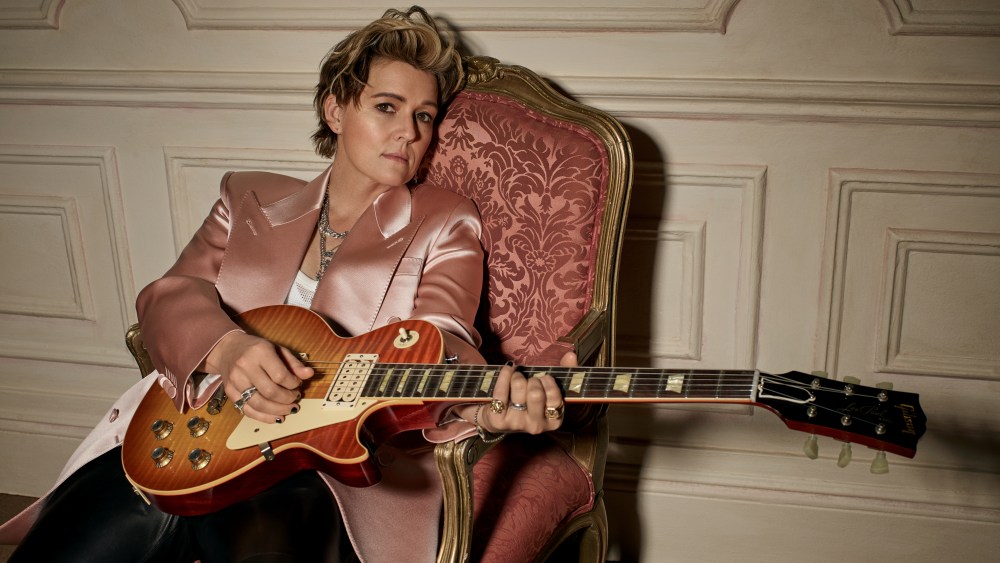
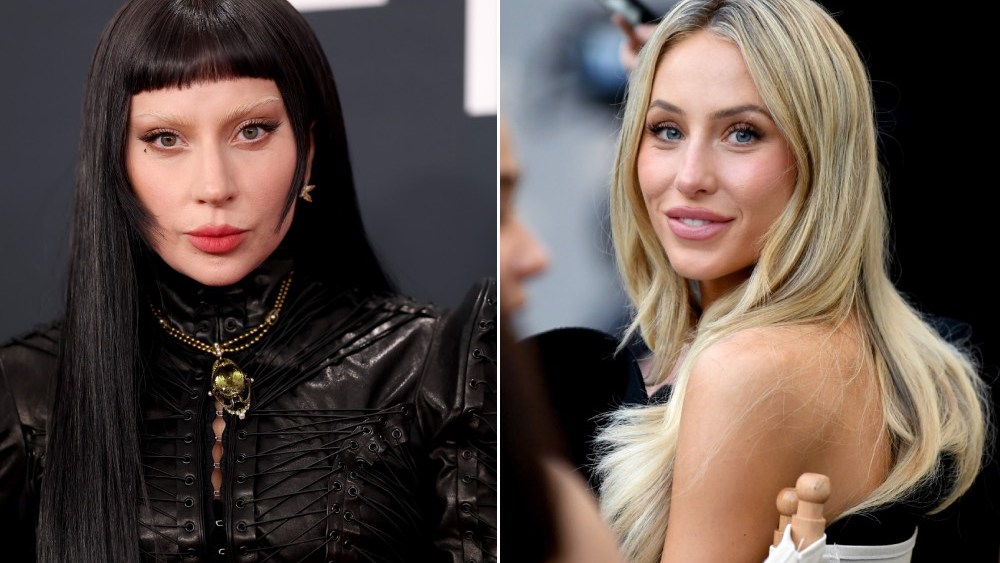
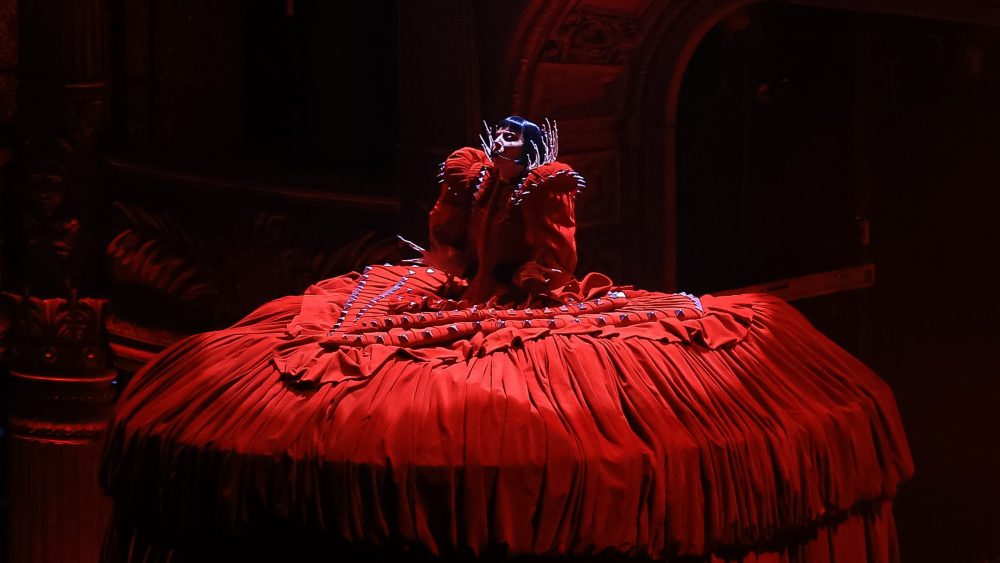
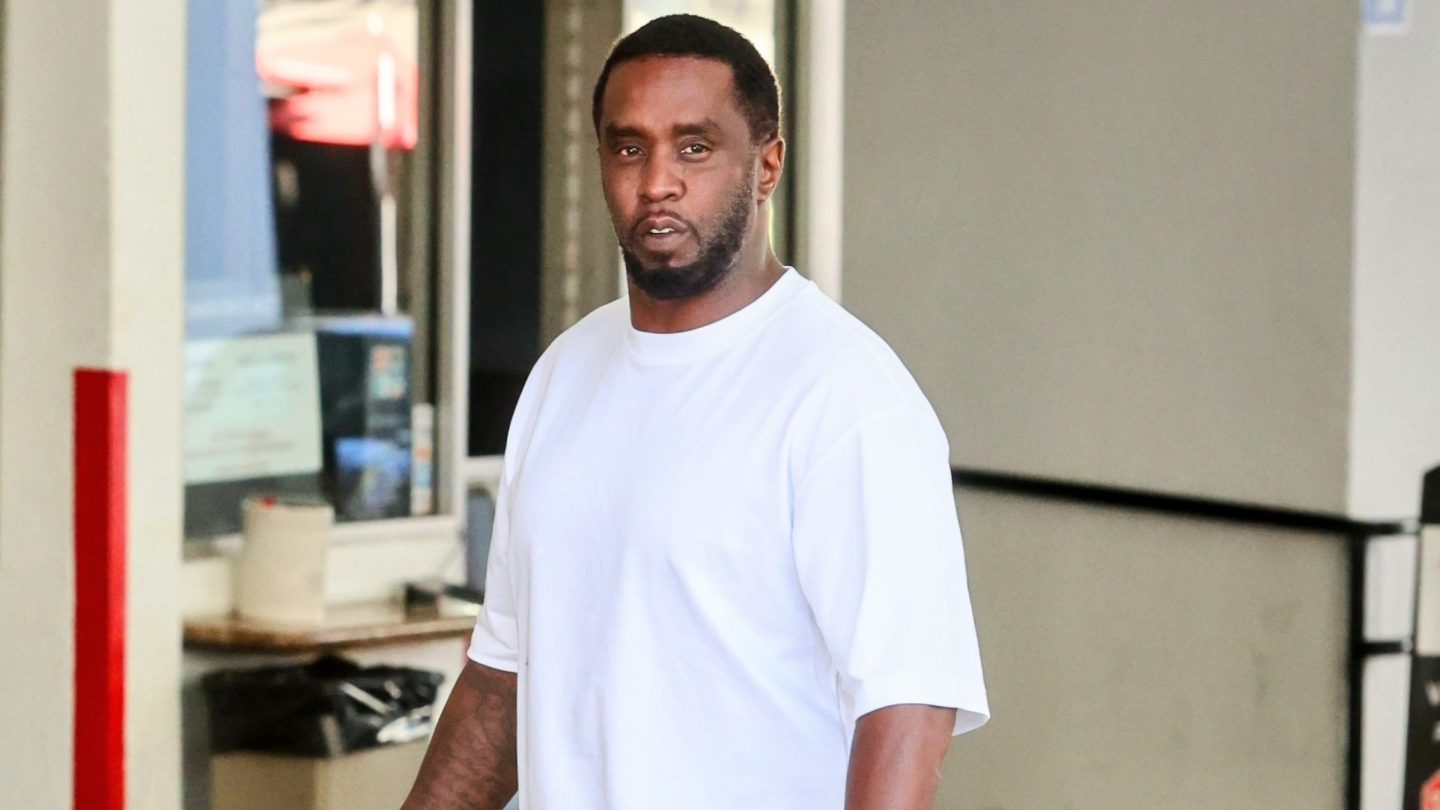
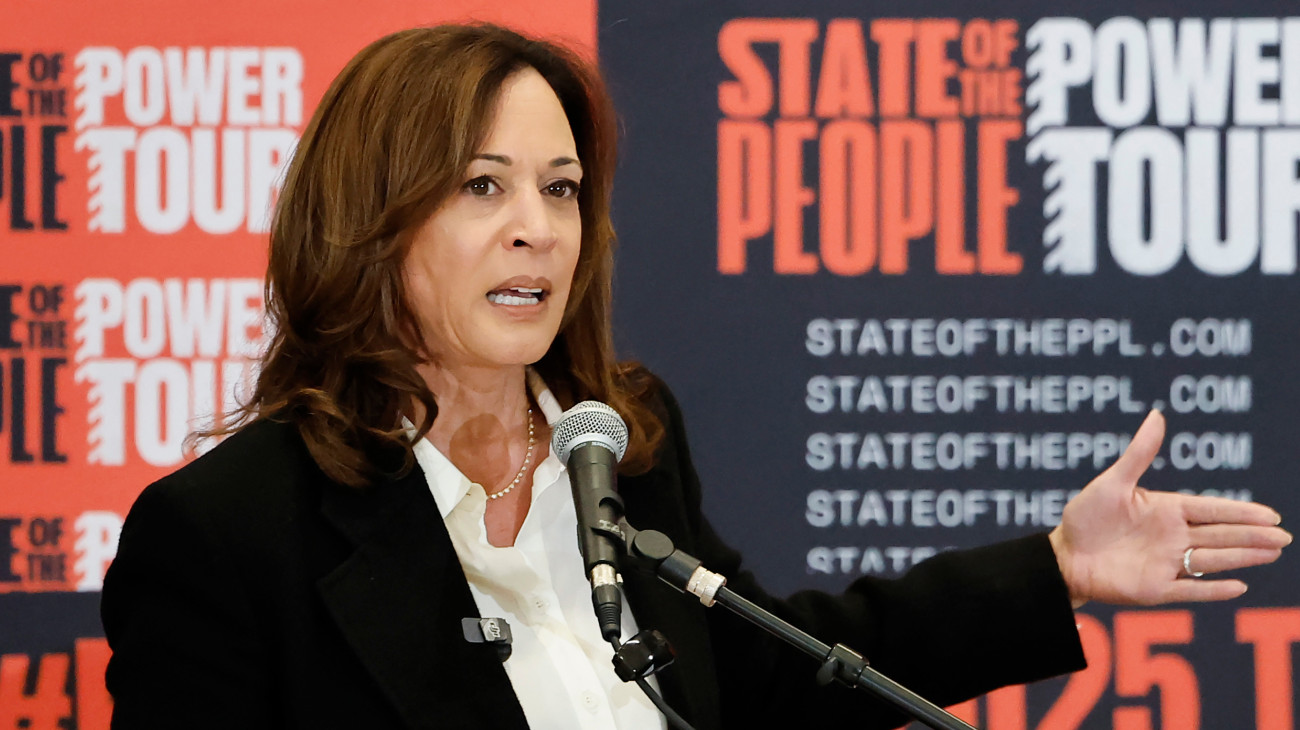
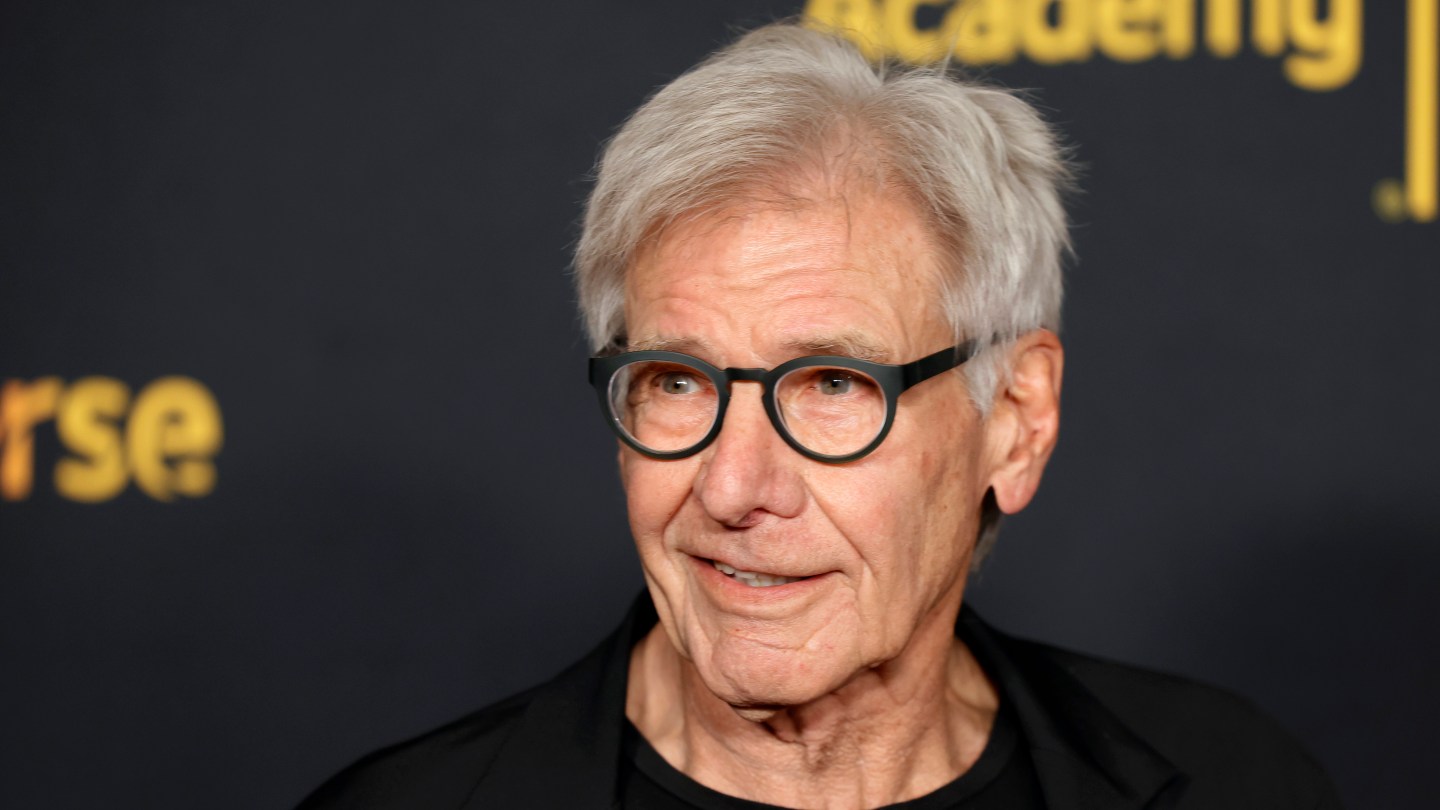


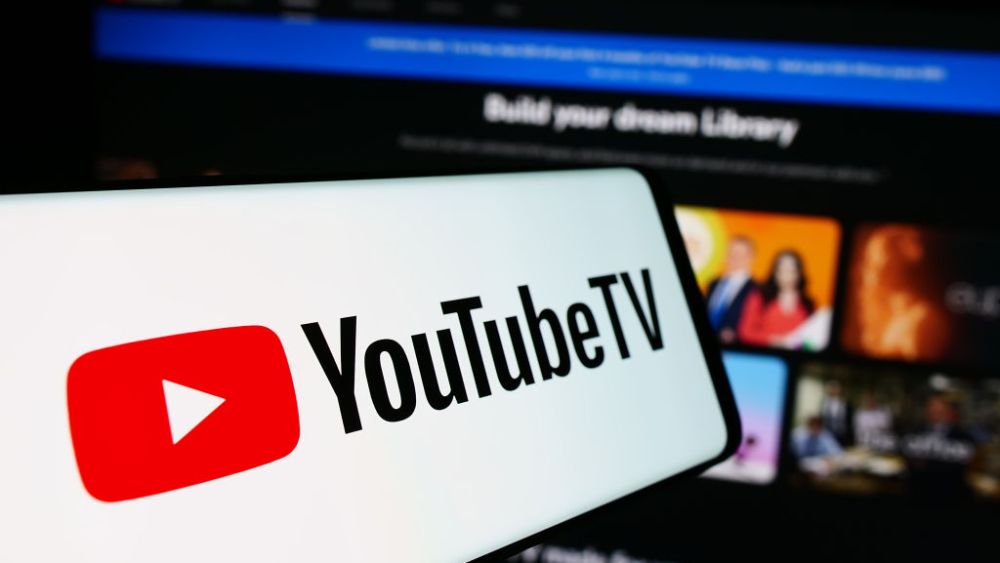
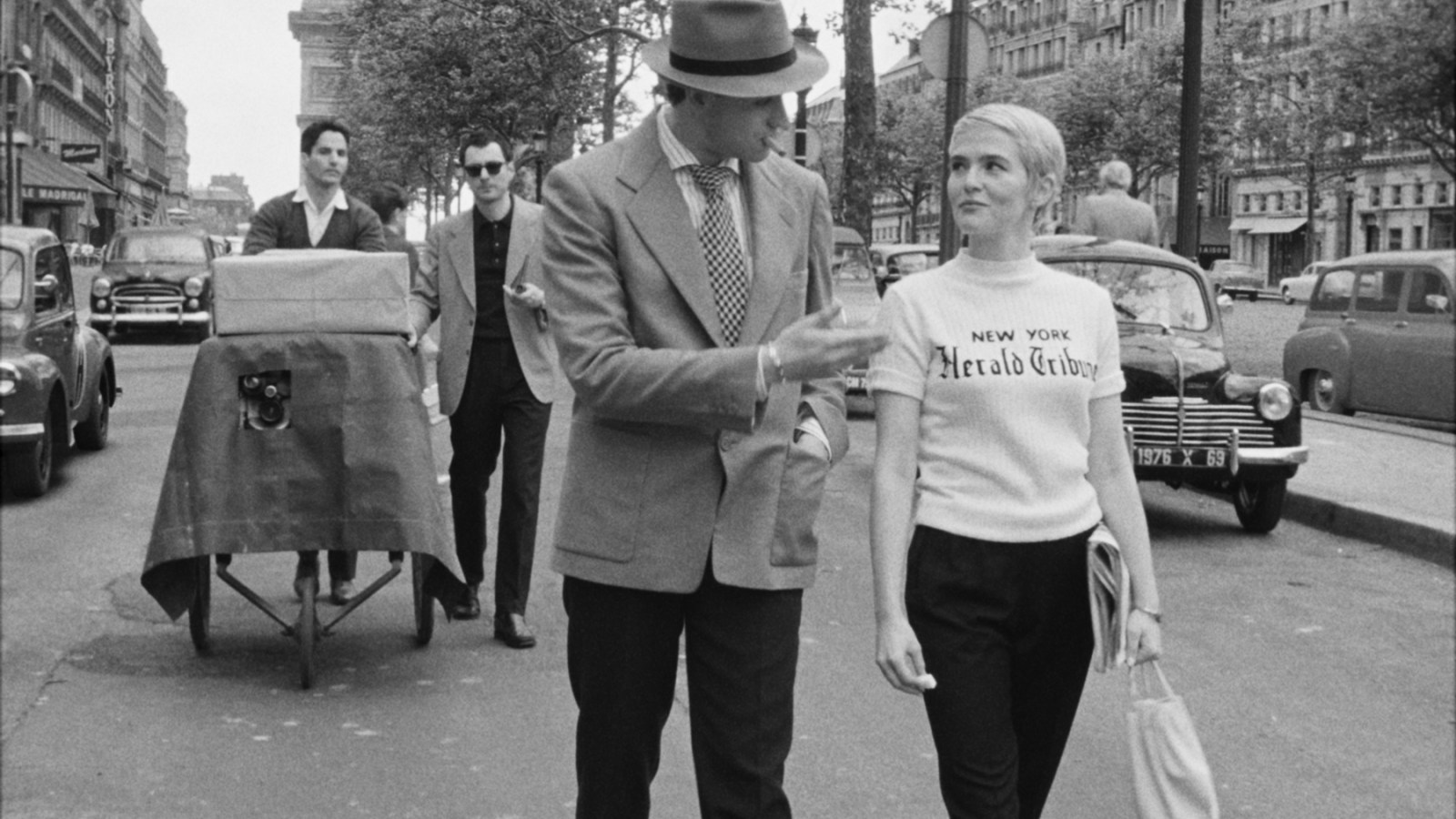
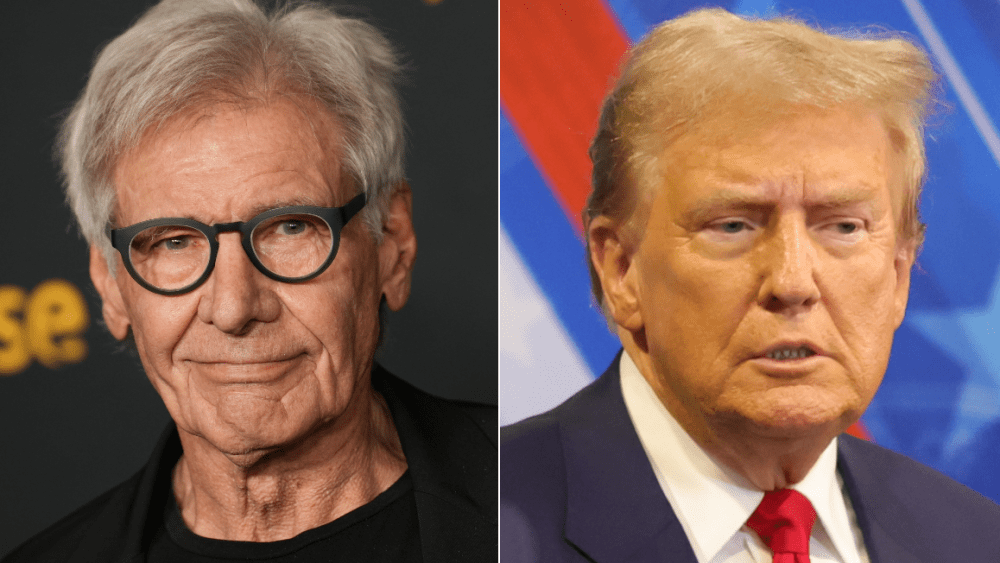
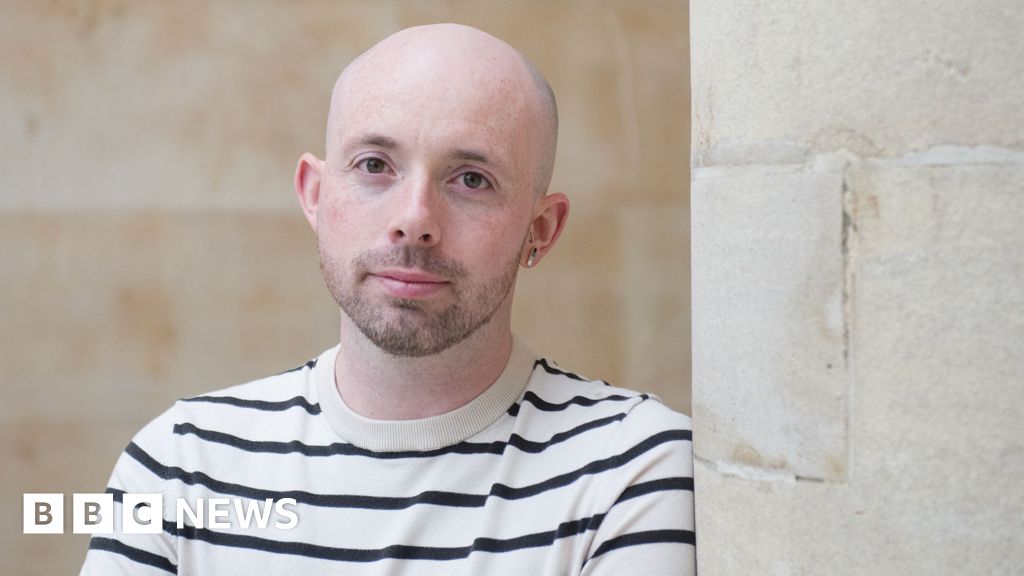
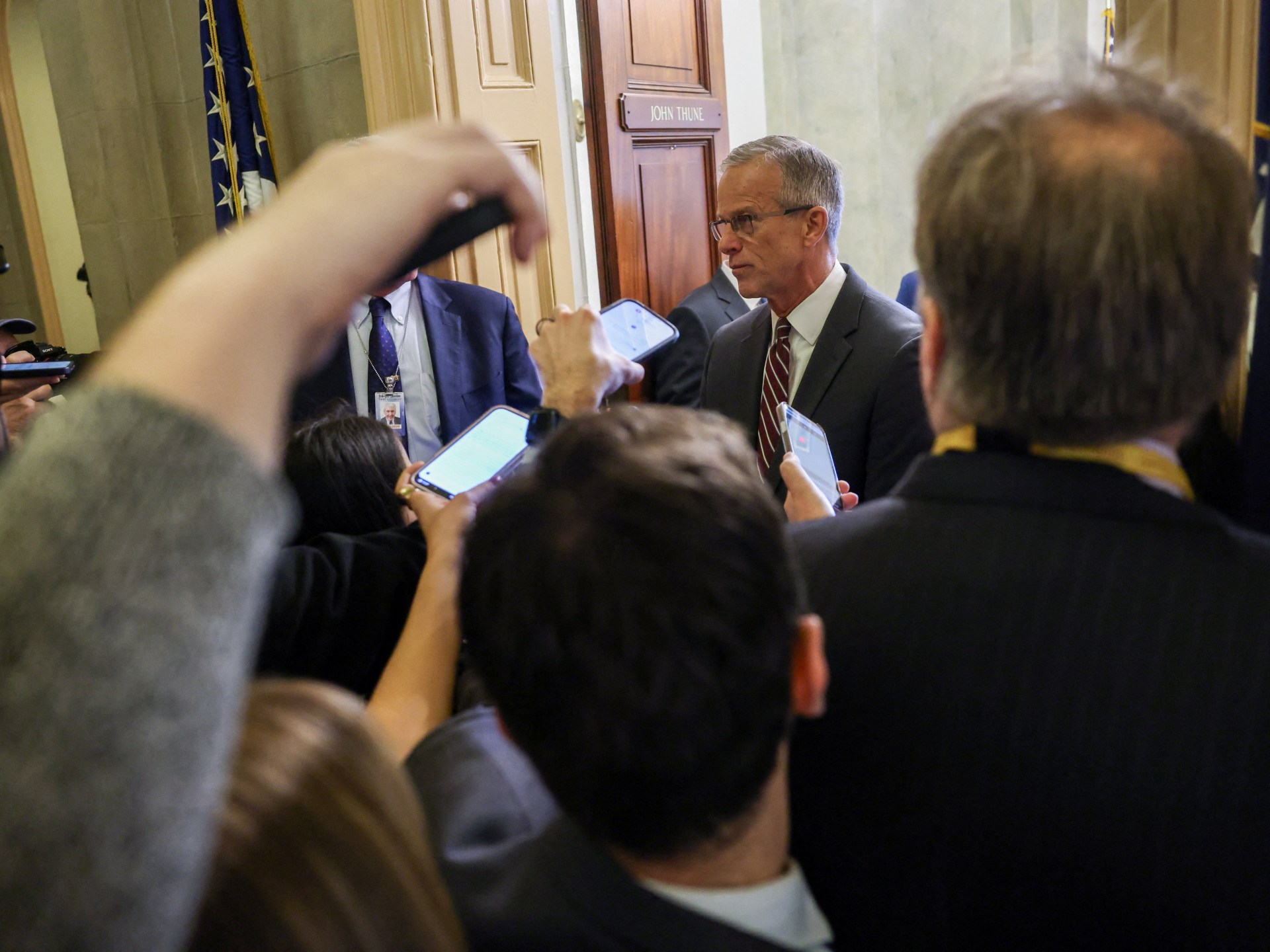

Leave a Reply